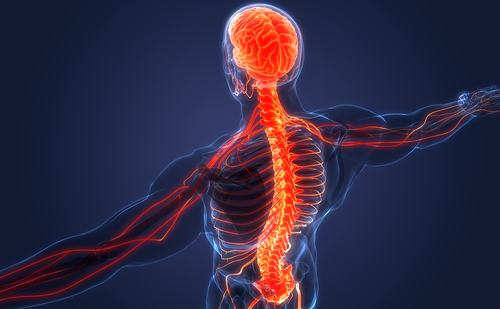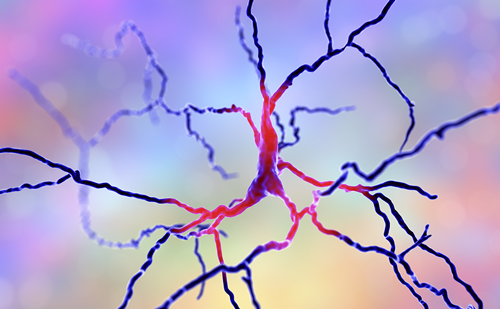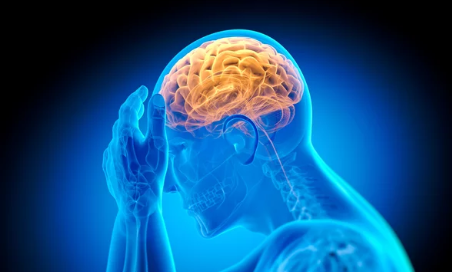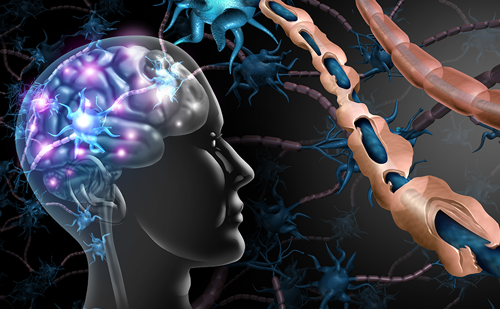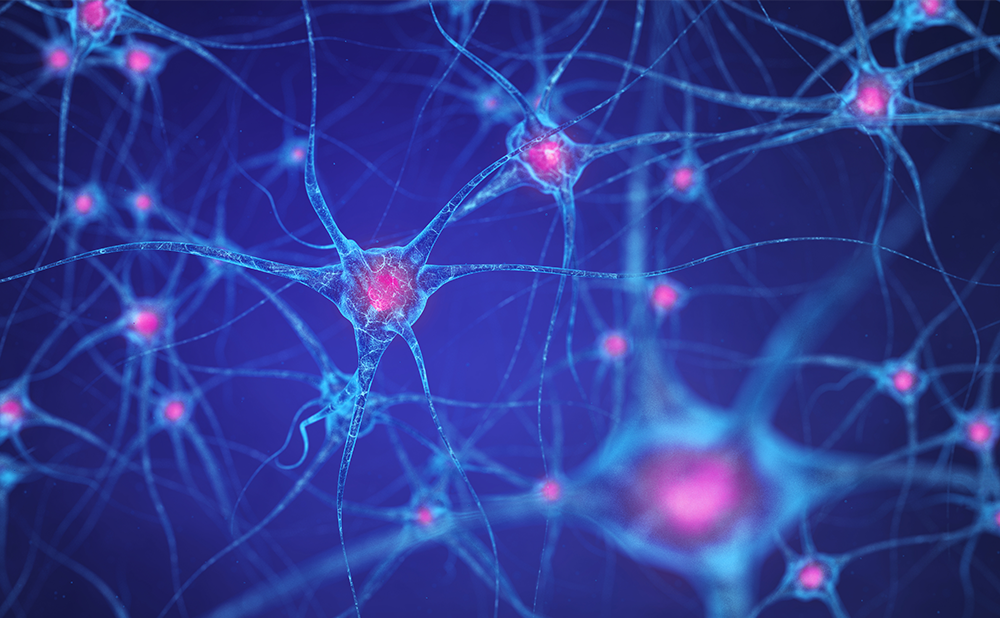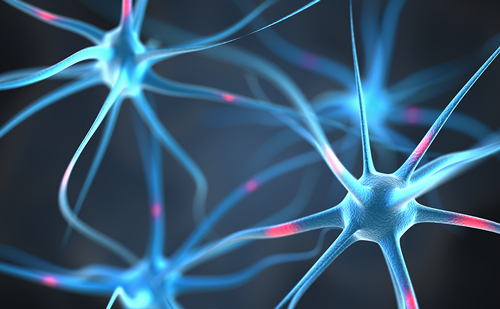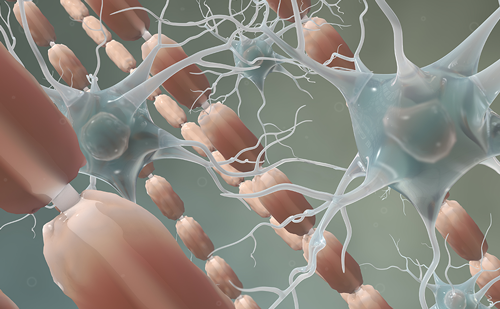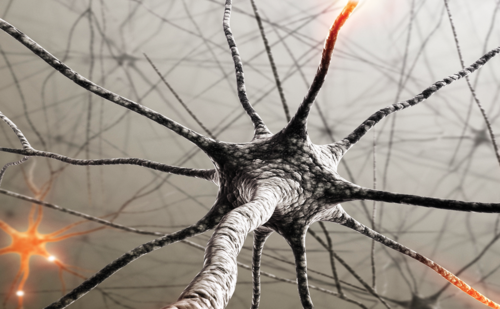Welcome to our new issue of touchREVIEWS in Neurology, which features a wide range of topical articles covering various areas of neurology. We begin with two practice pearls. The first from Garg et al., focusses on the increasingly important subject of social media. Twitter provides a useful platform for clinicians, and this article provides advice on its effective use. In the second, Thomas et al. discuss the important role of multiple sclerosis (MS) nurses in supporting people with MS who take cladribine tablets.
The COVID-19 pandemic has impacted all areas of medicine. In a review article, Jaffry et al. describe the neurological complications of COVID-19 and consider the role of complement activation in the pathogenic mechanisms of severe acute respiratory syndrome coronavirus 2 infection.
Photophobia is commonly encountered in neurological diseases. Wilkins et al. discuss the use of individually tinted spectacle lenses in photosensitive epilepsy, autism, migraine, cluster headache, visual snow, stroke and multiple sclerosis. Also on the subject of migraine, Shirane et al. review the latest advances in neuromodulation, which is proving increasingly useful for the prevention and treatment of migraine and other primary headache disorders.
Hirayama disease is a rare cervical myelopathy that can cause many functional impairments. In an attempt to raise awareness of the disease, Gomathy et al. provide a comprehensive review of its pathophysiology, symptoms, diagnosis and management.
Our next review articles focus on MS. Wolf and Alvarez describe the clinical development of ublituximab, a novel anti-CD20 therapy that appears promising in the treatment of relapsing MS. Fernandez-Carbonell et al. describe the role of lifestyle modification in managing symptoms and preventing disability progression in people living with MS.
There are substantial unmet needs in effective treatment options for people with myasthenia gravis (MG). Vanoli and Mantegazza describe the clinical development of efgartigimod, a first-in-class antibody that holds promise in the treatment of generalized MG.
Molecular-based therapies have transformed the management of spinal muscular atrophy (SMA). Bekircan-Kurt et al. describe the latest advances in gene therapy for SMA types 1 and 2.
We feature two original research studies in this issue. In the first, Wybitul et al. assess patient satisfaction in a multidisciplinary MS care unit. In the second, Kothari et al. present a retrospective review of computed tomography perfusion indicators for reperfusion in large-vessel occlusion ischaemic strokes with low National Institutes of Health Stroke Scale scores.
We conclude with two case reports illustrating unusual disease presentations. In the first, Saputra et al. describe a case of posterior reversible encephalopathy syndrome in a patient with systemic lupus erythematosus. Finally, Abusamra et al. present a case of severe cytomegalovirus encephalomyelitis and polyradiculitis in a young immunocompetent woman.
The editors of touchREVIEWS in Neurology would like to thank everyone who contributed towards this edition. Thanks go to our contributors and reviewers for providing insightful and informative articles. We are also grateful to all organizations and media partners for their ongoing support and our editorial board members for their continued involvement and advice. We hope that you find plenty of interest in this issue.
Cris S Constantinescu
Cris Constantinescu is Attending Neurologist at Cooper University Hospital, Cooper Neurological Institute, Cherry Hill, NJ, USA, Professor of Neurology at Cooper Medical School of Rowan University, Camden, NJ, USA, and Emeritus Professor of Neurology in the Academic Unit of Mental Health and Clinical Neurosciences at the University of Nottingham, Nottingham, UK. He graduated with an MD from Boston University School of Medicine, USA, in 1988. As recipient of the physician-scientist award from the National Institutes of Health, USA, he completed a PhD in immunology at the University of Pennsylvania in 1998. He has completed an internship and a residency in neurology and fellowships in neuroimmunology and neurorehabilitation. He was appointed honorary consultant neurologist and senior lecturer in neurology at the University of Nottingham in 2000–2001. In 2004, he was appointed Professor of Neurology and Chair in Neurology at the University of Nottingham, a post he held until 2021. He has authored or co-authored over 200 articles in international journals. His research interests are immune regulation in inflammatory diseases of the nervous system, in particular multiple sclerosis (MS), neuroimaging, clinical trials and cognitive neurology. He is currently involved in the care of numerous patients with neuroimmunological and neurodegenrerative diseases.


